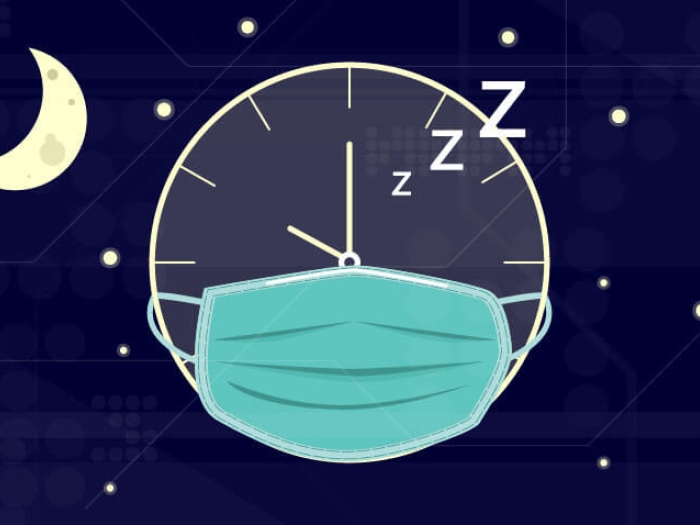Gift will support precision health and Prechter Bipolar Research Program
Author |

Nearly 6 million Americans have bipolar disorder, and as many as one in five of those may die by suicide. Finding a treatment strategy, even with the help of an experienced treatment team, can be difficult. A new gift aims to bring more precision to the process. It will expand and harness the power of massive data from U-M's Heinz C. Prechter Bipolar Research Program and allow researchers to use advanced tools created for Precision Health at U-M.
The $5.8 million gift brings the Richard Tam Foundation's total giving to U-M for bipolar research to $10 million. Support includes $500,000 for Precision Health at U-M, its first major gift.
Judith Tam, president of the Richard Tam Foundation, says the combination of U-M's strength in studying bipolar disorder and related conditions, and its investment in precision health, inspired the gift. "Precision health could help doctors figure out the right medicine to give to a particular patient, much more quickly, and could expand their toolbox through new discoveries," she says. "We've got brilliant people here, and I've seen the passion in their eyes when they talk about their research. They're not just doing their work and going home. They are on fire."
"Precision Health is developing unprecedented insights into human health and disease, and I'm grateful to Judith Tam for her generous support," says U-M president Mark Schlissel, M.D., Ph.D. "This gift from the Richard Tam Foundation will enhance our bipolar disorder research by taking advantage of the genetic and lab test data platform assembled by Precision Health at U-M, resulting in improved care for millions of patients."
Sachin Kheterpal, M.D., M.B.A., co-director of U-M Precision Health, praises the Richard Tam Foundation's position as a pioneer in giving to the new U-M initiative. "It's a very generous gift that is hopefully a model for future gifts, where we're able to demonstrate the value of researching individual diseases, marrying that research data with the Precision Health platforms we're building, and thereby increasing the potential for hundreds of researchers to benefit from the overall impact," he says. The gift will create a Tam Precision Health & Bipolar Collaboration Fund within Precision Health.
Precision Health, launched in early 2018, offers researchers across U-M access to genetic and clinical data, as well as the tools, expertise, training, and funding they need to use them to advance their research.
"We absolutely need to leverage our Precision Health platform to advance and support the pace of discovery research," says Marschall S. Runge, M.D., Ph.D executive vice president for medical affairs at U-M, CEO of Michigan Medicine, and dean of the Medical School. "We are highly committed to collecting more robust bipolar research data, as well as information on other therapeutic treatments that would benefit from a very personalized approach."
In addition to supporting Precision Health-related work, the new gift will continue support for bipolar disorder research projects at the Prechter Program. It will also create a professorship in the Department of Psychiatry, with the proposed name of the Richard Tam Professorship in Translational Bipolar Research. This will allow the recruitment of another top bipolar researcher to U-M.
The Richard Tam Foundation issued a challenge to others interested in moving bipolar research forward at U-M, offering to match bequests to the Prechter Bipolar Research Program documented by June 30, 2020. Judith Tam (pictured) hopes that the new gift and bequest challenge will inspire more giving by those who have seen the impact of bipolar disorder or other diseases on those they love.
Melvin McInnis, M.D., scientific director of the Heinz C. Prechter Bipolar Research Program, says, "The work that we're doing with Precision Health is absolutely fundamental and transformational in terms of the future of medicine, the future of mental health research, and the future of our understanding of various human illnesses."





